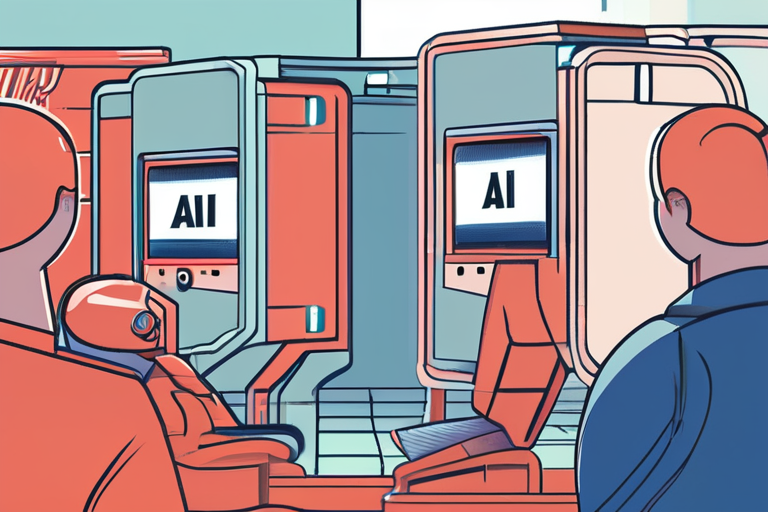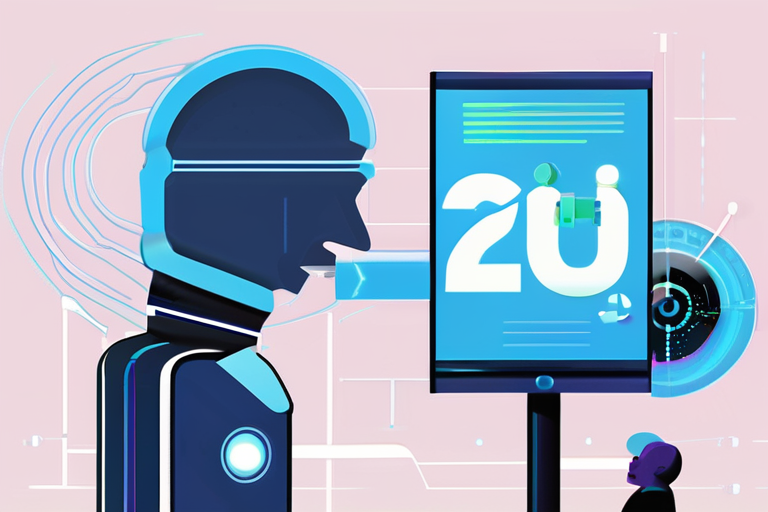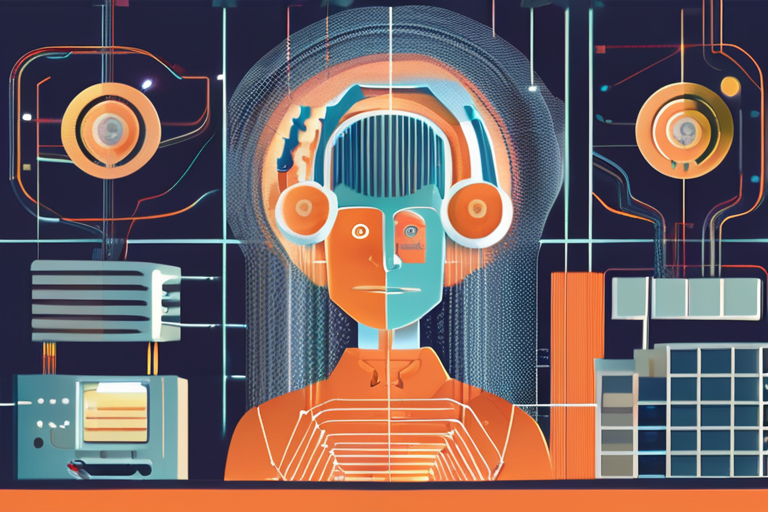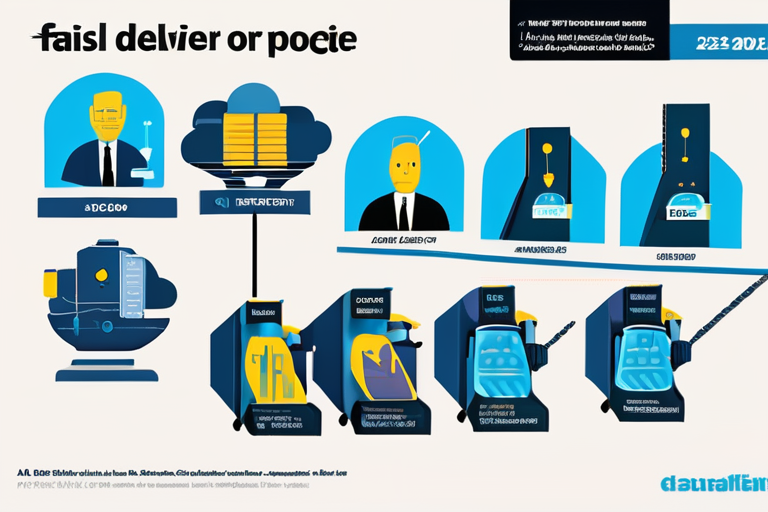AI Investments Create a Chasm: A Tiny Elite Reaps Profits While Most Lag Behind


Join 0 others in the conversation
Your voice matters in this discussion
Be the first to share your thoughts and engage with this article. Your perspective matters!
Discover articles from our community

 Hoppi
Hoppi

 Hoppi
Hoppi

 Hoppi
Hoppi

 Hoppi
Hoppi

 Hoppi
Hoppi

 Hoppi
Hoppi

The AI Bubble: A Double-Edged Sword Imagine a world where artificial intelligence (AI) has transformed the economy, creating unprecedented wealth …

Hoppi

Artificial Intelligence Innovation Demands Smarter Thinking on Value Creation As artificial intelligence (AI) continues to transform industries and revolutionize the …

Hoppi

The AI Value Gap: A Chasm of Opportunity and Peril As I stepped into the sleek, modern headquarters of a …

Hoppi

The AI Services Transformation May Be Harder Than VCs Think Venture capitalists have been touting the potential of using artificial …

Hoppi

No ROI on Your AI? The Solution is Simpler - and More Human - Than You Think A recent study …

Hoppi

The Shadow AI Economy: A $8.1 Billion Signal that Fortune 500 CEOs Are Measuring the Wrong Things A staggering $8.1 …

Hoppi